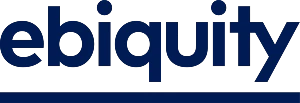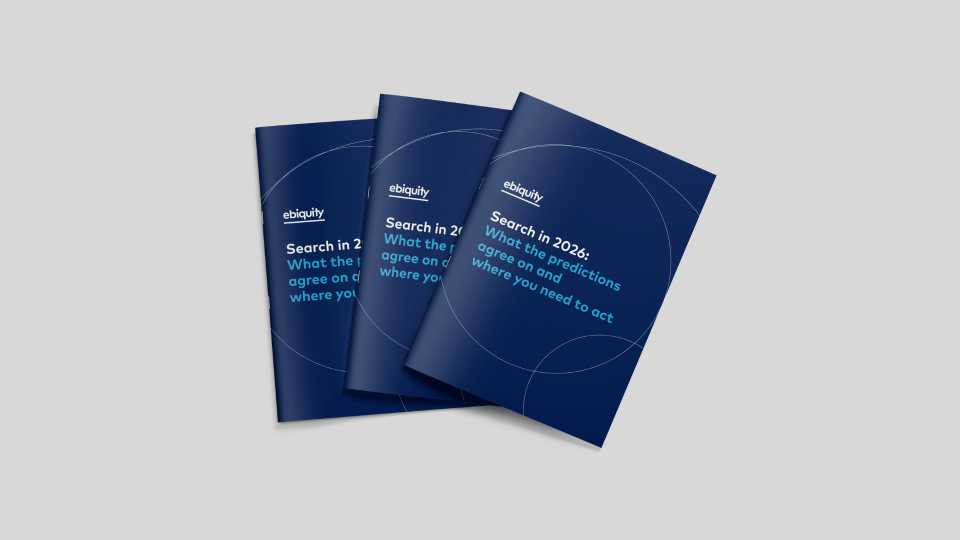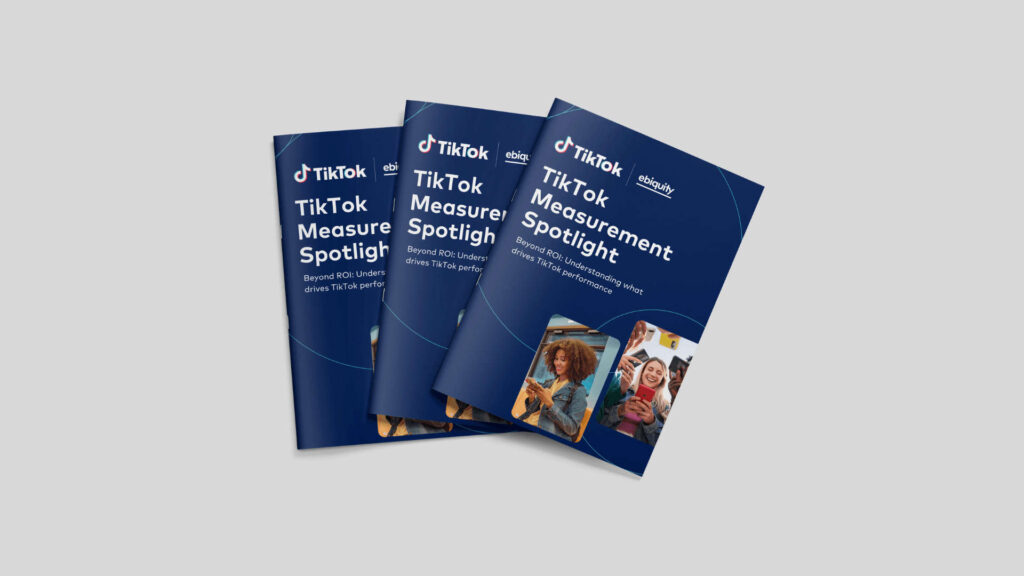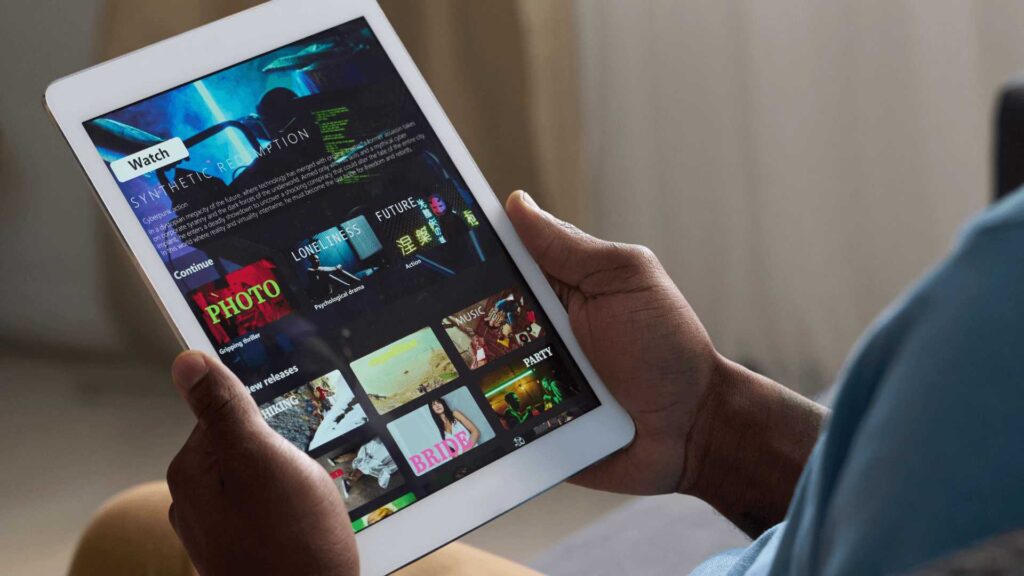Discussions around a possible Comcast acquisition of ITV’s broadcast operation are still at an early stage. As the situation develops, the impact on advertisers will be discussed in more detail.
Executive summary
A takeover of ITV’s broadcast business by Comcast would bring evident strategic advantages. Comcast could add capital, technical capability and distribution scale. Sky and ITV already hold significant weight in the advertising market; brought together, their sales operations could control around sixty percent of UK broadcaster premium video spend. That level of concentration would almost certainly trigger close scrutiny from the Competition and Markets Authority, with a Phase 2 review likely. Ofcom and government would also examine how foreign ownership, public service broadcasting responsibilities and media plurality would be protected.
Although ITV Studios is not part of the proposed transaction, the relationship between the broadcaster and Studios is tightly interwoven. Any separation would require a reset of commissioning arrangements and could influence the economics of flagship programming.
For advertisers, a combined addressable ecosystem may unlock stronger targeting and more consistent measurement across screens. The trade-off would be a less competitive marketplace, increasing pricing pressure and reducing leverage in negotiations.
Overall, the industrial logic is clear, but approval without meaningful concessions appears unlikely.
UK television advertising market context
In 2024 the United Kingdom television advertising market totalled £5.27 billion, up 3.8% year on year. ITV generated £1.9 billion (36% share) and Sky UK £1.131 billion (21% share). A combined organisation would account for approximately 57 percent of all broadcaster advertising revenue, with even greater concentration in addressable and cross-platform premium video inventory.
What Comcast would acquire
The proposal covers ITV’s broadcast operations. This includes ITV1, digital channels, ITVX, advertising sales and data capabilities, prominence and spectrum on Freeview, and all public service broadcasting (PSB) licence requirements. ITV Studios would remain independent, although its success and economics remain closely aligned with the broadcaster’s output.
Strategic rationale behind a potential Comcast–ITV broadcast acquisition
ITV’s linear revenues have come under pressure for several years. Comcast could provide the investment and stability needed to accelerate digital transformation, strengthen streaming propositions and build the data infrastructure needed for future monetisation.
Bringing ITVX closer to Sky Glass, Sky Stream and Comcast’s advertising technology, including AdSmart and technology drawn from Peacock, could create a more coherent distribution and targeting environment. A combined Planet V and AdSmart platform would be one of the most advanced addressable and programmatic video propositions in the United Kingdom.
These ambitions sit against a broader backdrop. Public service broadcasters have collaborated extensively over the last decade and a half, from Freeview and Freesat to BritBox UK, Freeview Play and Freely. These initiatives have strengthened reach but have not fundamentally changed the commercial trajectory of United Kingdom broadcasting. Rising content costs and intensified streaming competition continue to reshape the economics of the sector.
Risks in a potential Comcast–ITV takeover
A merged Sky–ITV operation would hold significant power across linear, broadcaster video-on-demand (BVOD) and addressable inventory. The risk to advertisers is a market with fewer alternatives and stronger upward pressure on prices.
Public service broadcasting commitments would also sit at the centre of any regulatory review. ITV’s obligations around national and regional news, original United Kingdom production and universal accessibility would need to be preserved. Policymakers may question whether these can be protected under international ownership over the long term.
There is also the interdependency with ITV Studios. ITV Studios relies on the broadcaster for key franchises and predictable commissioning volumes. Operating under different ownership structures creates uncertainty around future commercial arrangements.
How regulators may assess a Comcast acquisition of ITV’s broadcast business
A Competition and Markets Authority Phase 2 review appears inevitable. Areas of concern would include reduced competition for premium video advertising, the extent of vertical integration across data, distribution and inventory, and whether rival broadcasters would retain fair access to audiences and platforms. Remedies could involve divesting parts of the advertising operation or enforcing structural separation across platforms.
Ofcom and government would consider the broader public interest: the resilience of public service broadcasting, the diversity of media voices and the implications of foreign ownership for a core United Kingdom media institution. Approval would likely require substantial concessions.
Advertiser impact of a potential Comcast–ITV broadcast deal
Advertisers could gain several advantages: a unified addressable platform integrating Planet V and AdSmart, stronger measurement and cross-channel optimisation, and broader reach across linear and streaming. A combined Sky and ITV footprint could also simplify engagement with fragmented audiences and support more consistent attribution.
The downside is a market with less competitive tension. Planning high-reach campaigns may increasingly rely on the combined sales operation, reducing bargaining power for advertisers and media agencies. Reduced competition may also influence trading dynamics over time. Higher prices, tighter supply and less flexibility in deal structures are possible, particularly if agencies become more dependent on bundled arrangements. Smaller and regional advertisers could find cost-effective access more challenging should revenue maximisation take priority.
The outcome is a trade-off: stronger capability set against reduced choice and increased pricing pressure.
Where this leaves the market today
The UK television market is under long-term structural pressure. A Comcast acquisition of ITV’s broadcast business would deliver scale and capital at a time when broadcasters face demanding economics. Yet the breadth of regulatory, cultural and market considerations points to a complex approval process. The outcome will depend on how the Competition and Markets Authority weighs consolidation against competition protection in premium video advertising.








